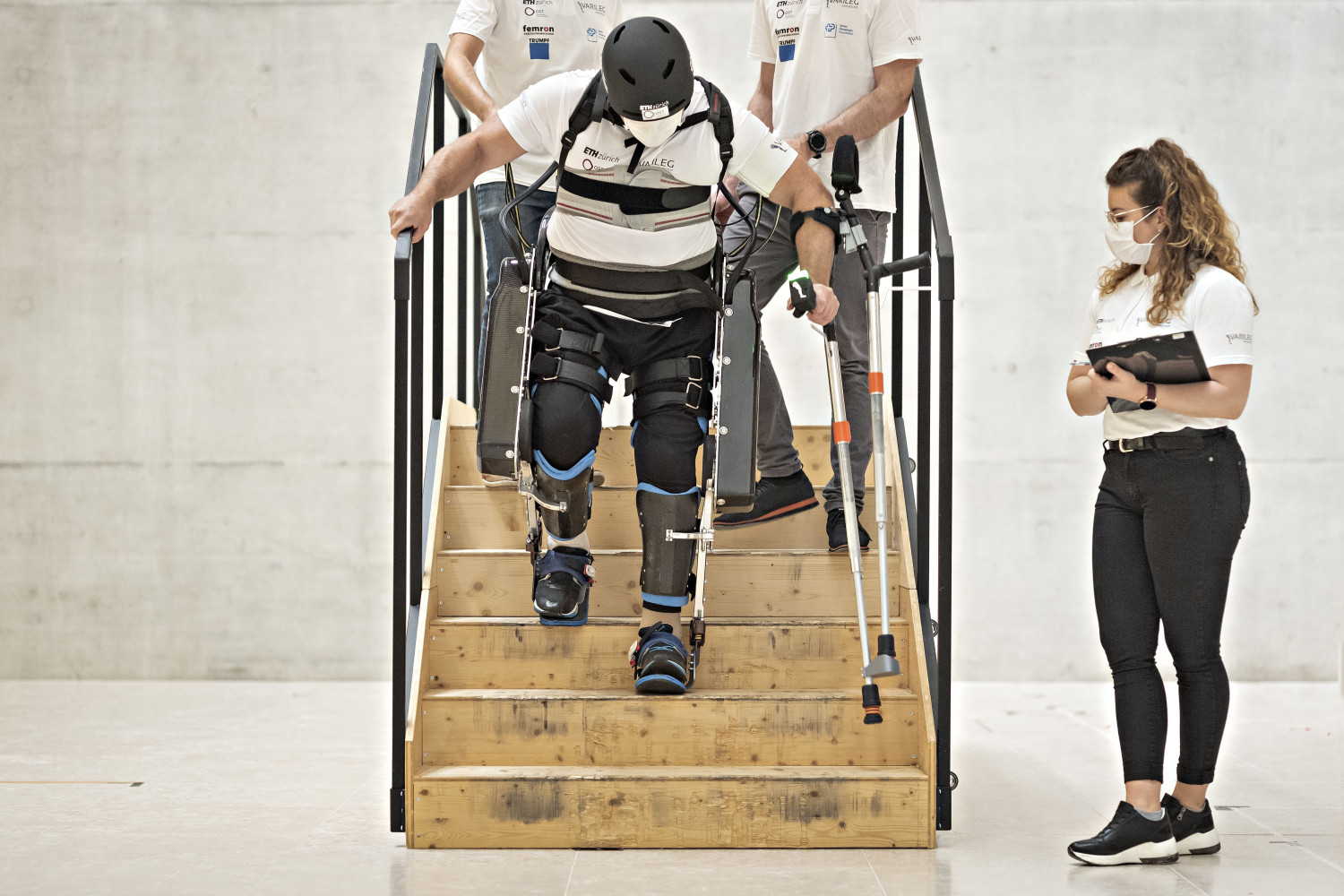Colin Pelletier
Research Assistant
Full-stack development

The Rehabilitation Engineering Laboratory (RELab) is an interdisciplinary group with competences in mechanical and electrical engineering, movement science, psychology and neuroscience. The lab was established in December 2008. We apply robotics, wearable sensor technologies and non-invasive neuroimaging to explore, assess and restore sensorimotor function. Our goal is to promote sensorimotor recovery following neurological injury and to develop assistive technologies to compensate for remaining deficits.
We published the design and evaluation of the Interactive Usability Toolbox in the Wearable Technologies journal, find the publication by Meyer & Tanczak et al. (2023) here

Project Lead
Project managment,
UX Design & Research

Project Collaborator
UX research,
Full-stack development

Scientific Advisor
Principal investigator,
RELab co-director

Scientific Advisor
Principal investigator,
RELab co-director
Research Assistant
Full-stack development
PhD researcher
UX research
MSc thesis student
Full-stack development

We are established a user-centered design (UCD) framework for wearable robotic technologies based on dedicated user experience research in different projects in and around the lab. UCD aims to iteratively work on a real end-user problem to find the most fitting solution. The process consists of five repeating development phases:
Usability evaluation is an essential part of finding usability issues and creating comparable measures within iterations or other solutions. In this website, we share years of experience in the design and usability evaluation of wearable robotic devices.


After many years of exoskeleton research,
Auxivo AG was founded in 2019 as a spin-off from the
Swiss Federal Institute of Technology (ETH) in Zurich, Switzerland.
The company develops wearable exoskeletons that support
workers executing physically demanding tasks.
The products reduce workload, exhaustion and fatigue to ensure the workers' long-term wellbeing.
All prototypes and products are extensively tested with
end-users out in the field or inside the controlled testing facilities.
The RELab supports the endeavors with shared student projects and
the exchange of knowledge in wearable robotics development and evaluation.
